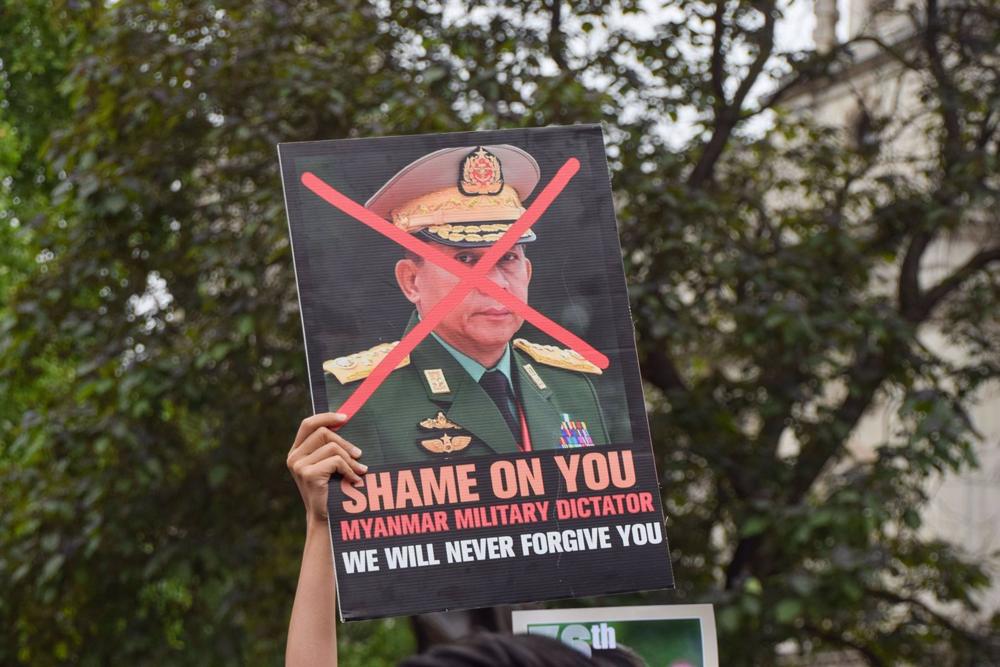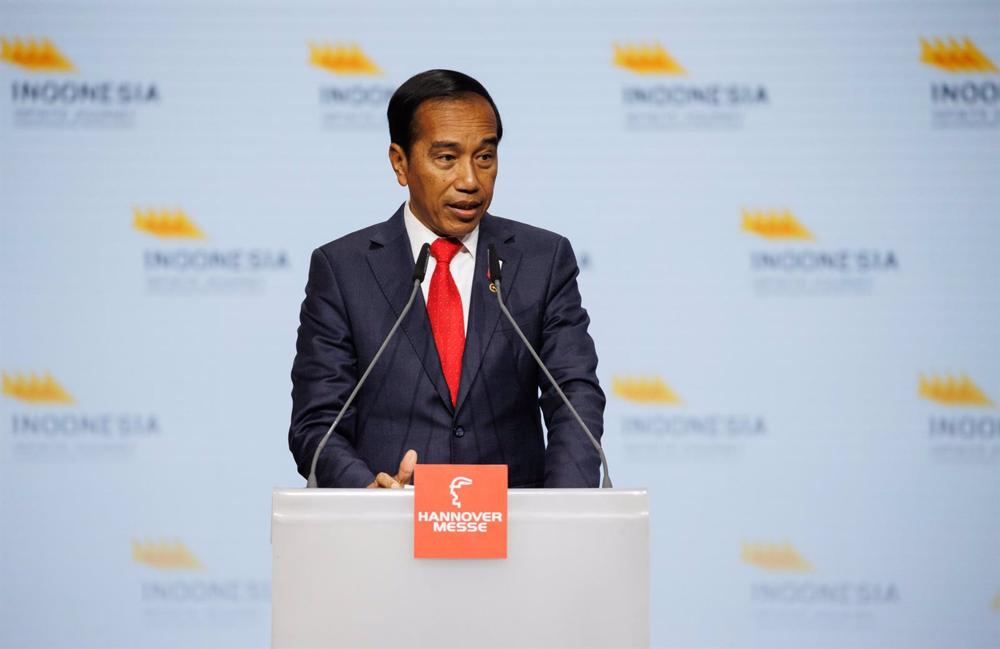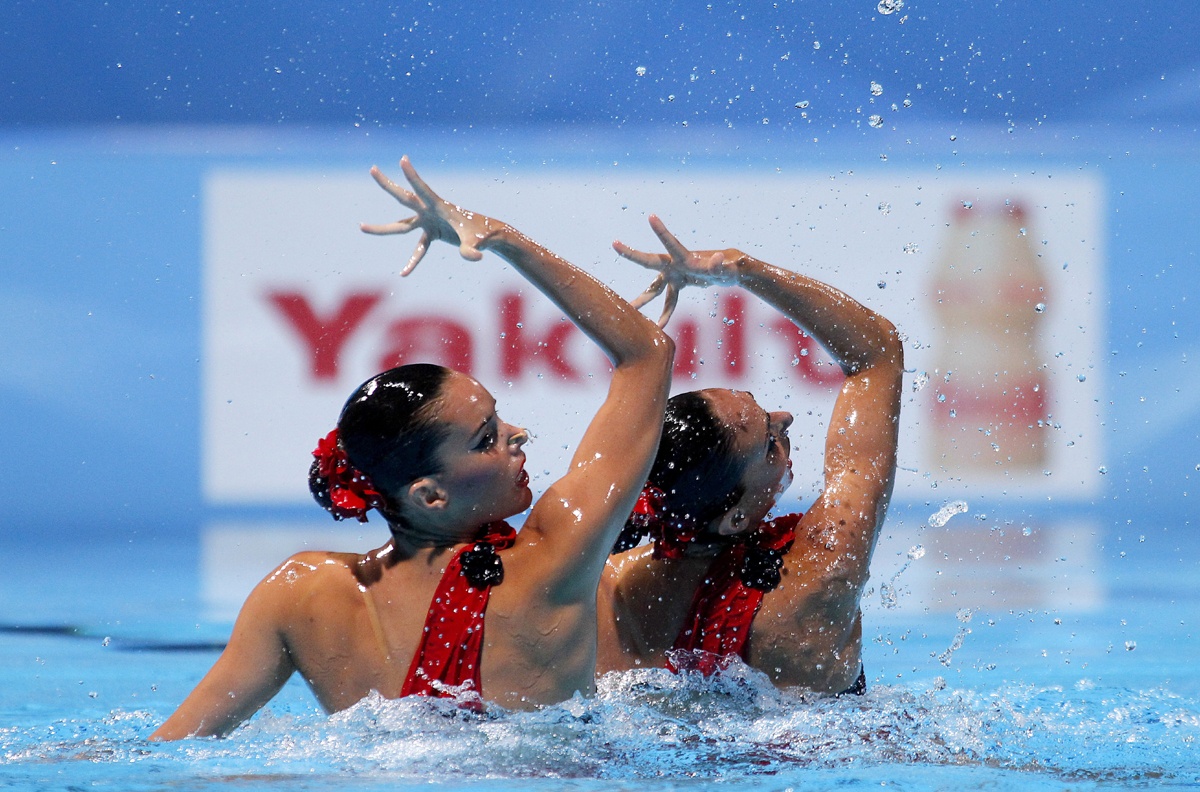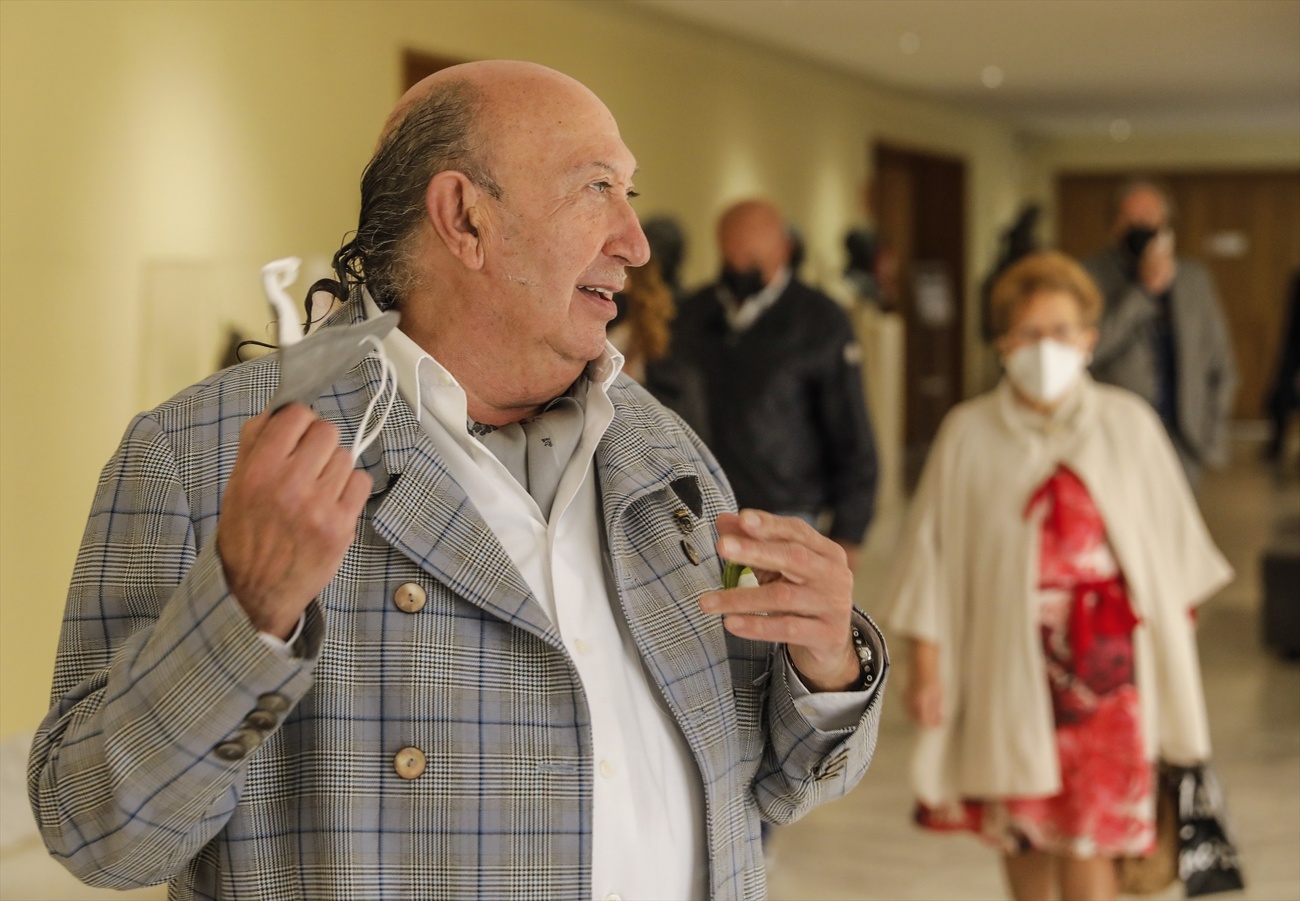
The High Representative of the European Union for Foreign Policy, Josep Borrell, hopes that the EU-27 can approve this Monday the new round of sanctions against Russia in response to the intensification of its offensive against Ukraine, overcoming the reluctance of Hungary, which remains the main obstacle to adopt the ninth package against Moscow.
Speaking ahead of the EU foreign ministers’ meeting in Brussels, Borrell acknowledged that differences persist among the EU-27 over the latest round of sanctions against Russia, noting that it will require further discussion among member states. «The proposal has already been discussed and, I thought this morning we could say ‘approved’, but that is not yet the case. Maybe by the end of the day, but there are still some issues to be agreed,» he said upon arrival at the meeting.
In this sense, he admitted that the debate «is not going to be easy», because there are «different points of view» among member states, although he urged to close an agreement today, when the ambassadors of the Twenty-seven meet. European sources point to Hungary as the main stumbling block to close an agreement that requires the unanimity of the Twenty-seven and point out that, although Budapest does not block the decision, it does «hinder» it by generating different problems and raising «procedural issues».
On their arrival at the meeting, the vast majority of European ministers called for progress on the ninth package in order to send a strong message to Russia in the face of its offensive against civilian targets. The Lithuanian Foreign Minister, Gabrielus Landbergis, expressed himself with particular vehemence, warning that the EU cannot «stagnate» and remain «frozen» in the approval of sanctions against Russia.
«Unfortunately it seems that we have become a bit stuck in the cold and mud, we hope that we do not stay frozen on what has to do with sanctions, macro-financial assistance and arms shipments and that we do not wait for anything horrible to happen in Ukraine to unblock,» he said, stressing that the bloc should approve more sanctions and not consider exceptions.
For his part, Irish Foreign Minister Simon Coveney stressed that the EU must be firm in the face of Russian crimes in Ukraine and ensure that these actions «come at a cost» to the Kremlin. «The package will probably be agreed this afternoon, but the form of the package is quite clear,» he said of the new sanctions.
His Swedish counterpart, Tobias Billstrom, stressed that work on the ninth round of restrictions «continues to progress,» while Finnish Minister Pekka Haavisto insisted that support for Ukraine must remain «firm» on the economic and military front, in addition to sanctions.
For the Spanish Foreign Minister, José Manuel Albares, in view of the continuation of the Russian war of aggression «it is time» for Europe to continue to act «decisively» and alleviate the situation being experienced by the Ukrainians, at which time he stressed that Spain «will raise its voice» to approve as soon as possible the macro-financial aid package of 18 billion for Ukraine that follows an alternative plan in the Council of the EU also due to the blockade of Hungary.
SANCTIONS AGAINST THE IRANIAN REVOLUTIONARY GUARD Likewise, the ministers have on the table new sanctions to respond to the repression unleashed in Iran, following the protests over the death in custody of the young Mahsa Amini, and the supply of military equipment to Moscow.
«We are going to approve a very, very tough package of sanctions,» advanced the High Representative, who explained that in a telephone call he transmitted to the Iranian Foreign Minister, Hosein Amirabdolahian, the denunciation for the second execution of a person for his participation in the pro-democracy protests.
«Iran has to understand that the European Union will strongly condemn and take all possible measures to support Iranian women, and peaceful protesters and, of course, reject the death penalty,» Borrell assured.
According to the Swedish minister, the EU will expand its ‘black list’ for human rights violations in Iran and will add those responsible for the Revolutionary Guard as well as people involved in sending drones to Russia.






